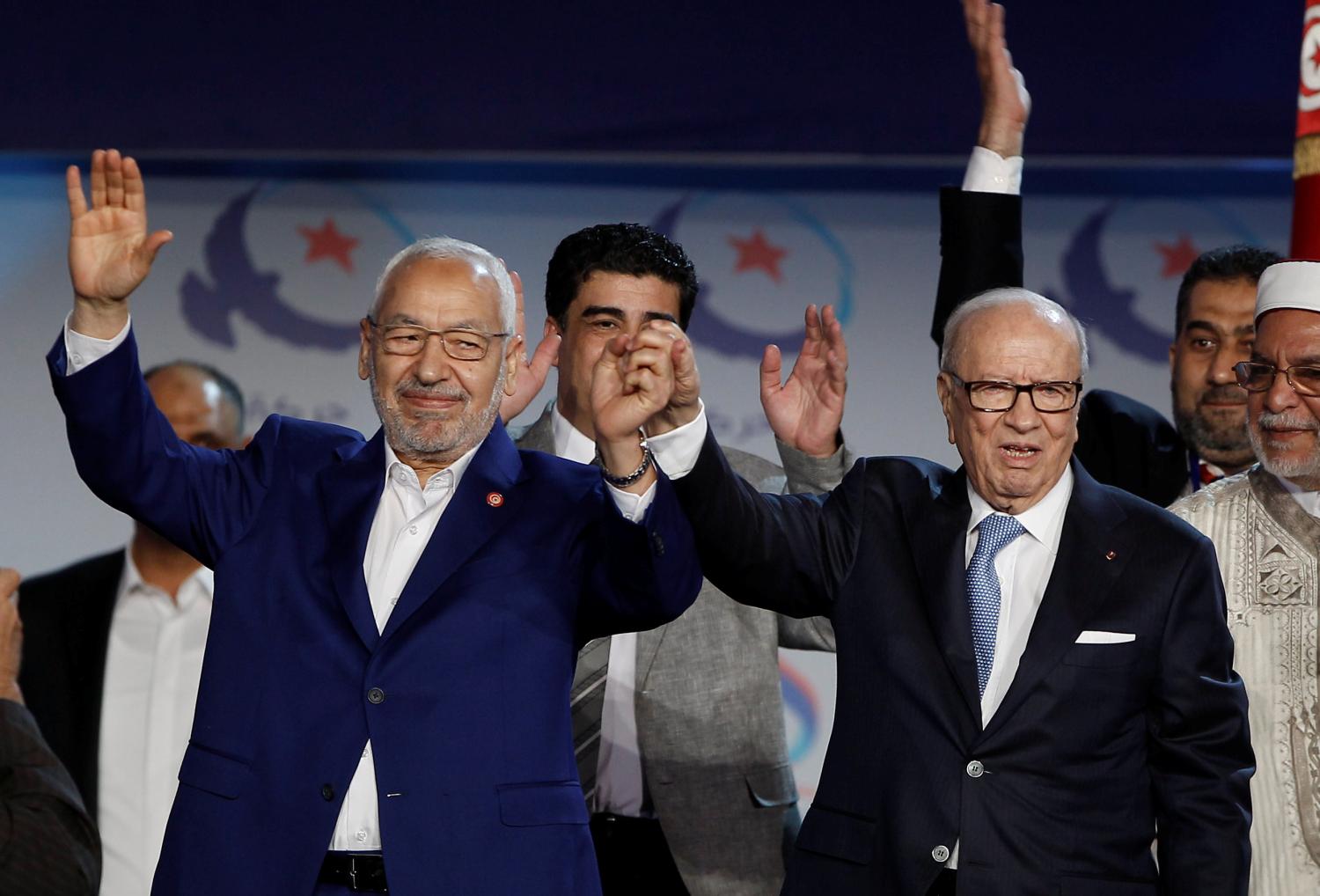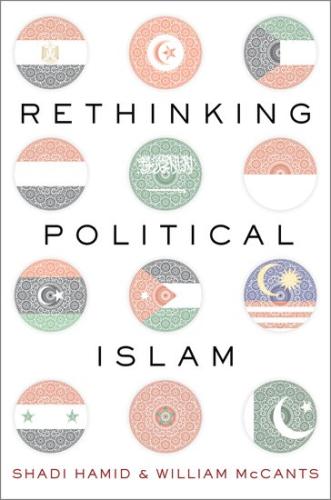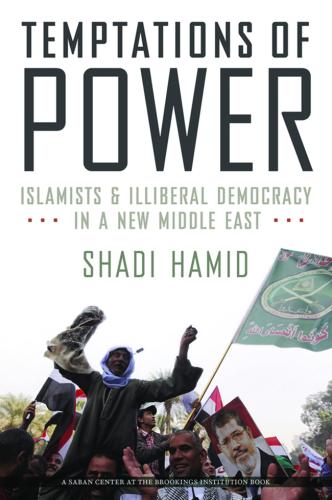Executive Summary
Since the 2011 revolution, Tunisia has been considered a model for its pursuit of consensus between secular and Islamist forces. While other Arab Spring countries descended into civil war or military dictatorship, Tunisia instead chose dialogue and cooperation, forming a secular-Islamist coalition government in 2011 and approving a constitution by near unanimity in 2014. Even after the constitution was approved, Tunisia from 2015 to 2019 was governed by a grand coalition that included both the major secular and Islamist parties.
However, Tunisia’s experience has also raised the concern of whether there is such a thing as too much consensus. In this paper, we argue that the extended pursuit of consensus in Tunisia has also had a dark side, constraining its democratic transition. In the name of consensus, the national unity government of 2015-2019 abandoned controversial but necessary issues like transitional justice and security sector reform and could not take bold action on the economy or on the formation of the Constitutional Court. That the largest parties were in government together also meant that there was no effective opposition, which in turn contributed to public disillusionment with political parties and democracy. The failure of the unity government was illustrated in the 2019 elections, when the establishment was largely defeated in favor of political outsiders.
Moreover, the consensus government merely postponed rather than resolved the underlying secular-Islamist tensions. That attempt to ignore or paper-over these tensions has contributed to the rise of new, more dogmatically secular and Islamist parties today. Ironically, the extended pursuit of consensus has now made it more difficult to not just form a consensus government but any government at all.
Finally, the Tunisian case suggests that the very presence of consensus politics long into a transition may not be a sign of democratic success, but rather an indication of a deeper weakness in the transition. The decision of Ennahda, the country’s largest Islamist party, to join the consensus government in 2015 rather than lead the opposition stemmed from a fear that it would be repressed or even dissolved. If political parties do not feel comfortable leading the opposition out of fear of repression, then this means democracy is on shaky ground. The presence of consensus can thus be used as an indicator of the lack of democratic consolidation.










